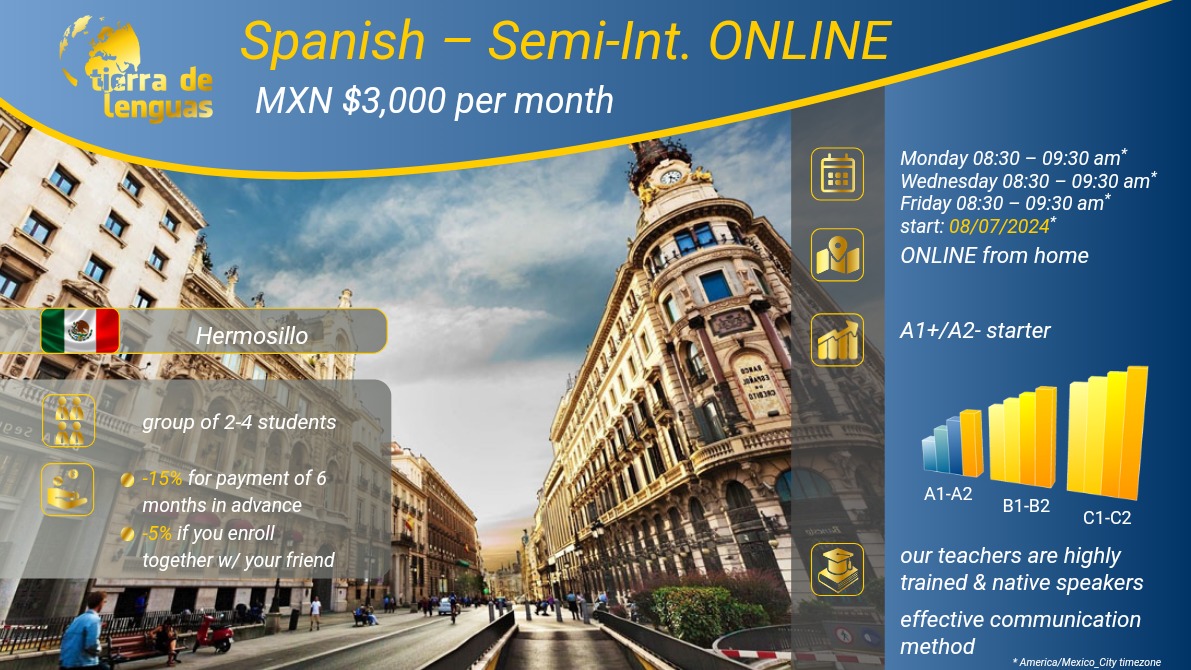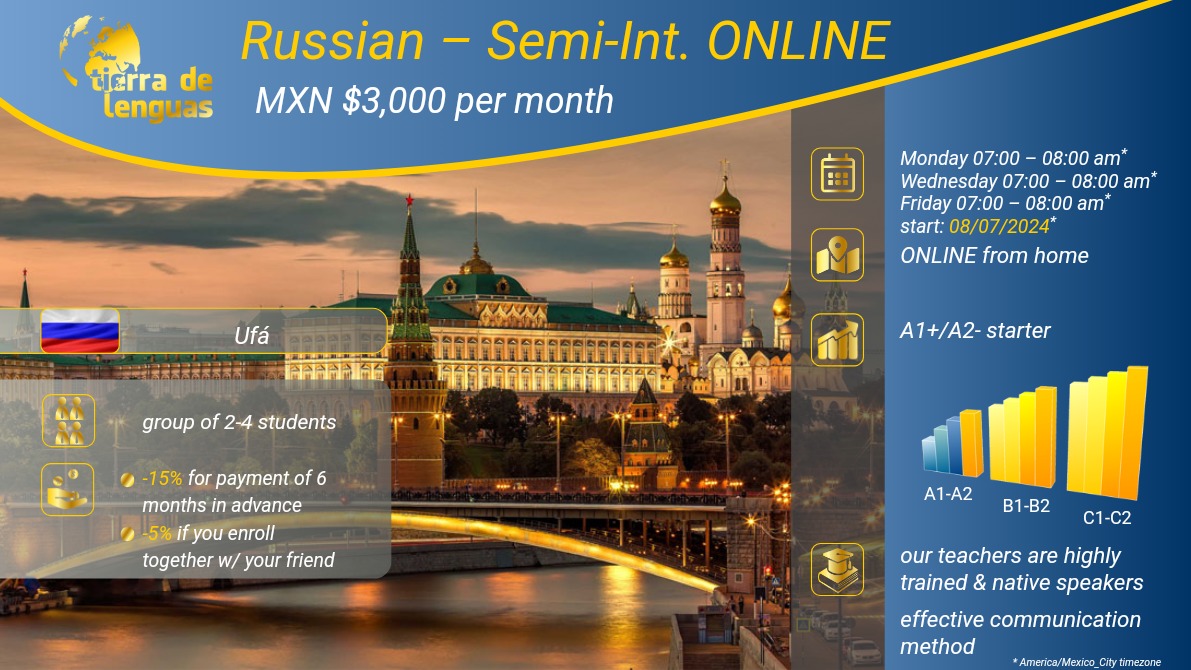Greek

Ἡ γλώσσα δὲν ἔχει κόκκαλα καὶ κόκκαλα τσακίζει
(I glóssa den éhi kókala ke kókala tsakízi)
Language/Tongue has no bones but it breaks bones.
Greek is the oldest language and the one with the longest written tradition among Western languages. In its almost three thousand years of documented history, it has acquired an exceptional linguistic richness in all fields of human activity: thought, science, medicine, economics, art, etc. The evolution it has undergone throughout its long history has not changed its elemental features that have identified it as such since Antiquity.
Several peoples (Latin, Slavic and Middle Eastern, etc.) have benefited directly or indirectly from its wealth and prestige, adopting or adapting its alphabet, literature, religion, history, science, law, philosophy and art. Much of the vocabulary of contemporary languages in all these branches is due to linguistic borrowings from Greek.
Greek is a "logical" language in structure and function, phonetically balanced, sonorous and of enormous communicative possibilities. Like classical Greek and Latin, it can serve as an instrumental language for the understanding of the current European languages. Speaking any current Indo-European language, you also use Greek, and if you know it, it will be easier for you to understand and know the meaning and etymology of a good part of the vocabulary of the other language.
It is one of the official languages of the European Union and the official language of Greece and Cyprus, which have enormous cultural, commercial and tourist potential. Its plasticity has given rise to a rich literature represented by great authors, including two Nobel Prize winners for literature. In the commercial field, it is the main base of operations for the Eastern Mediterranean and Southeastern Europe, but the great wealth of the Greek world is in the sea. Greece is the world's largest naval power. The merchant fleet of Greek interests represents almost 60% of the international cabotage, which makes it the most important exchange bridge for the whole world and especially for Europe, Africa and Asia.
It is a modern language and easy to learn, especially for Spanish speakers, because its phonetics, syntax and even idioms and sayings are more similar to the Spanish language than those of other languages. Also, thanks to its important diaspora, its teaching is introduced in many universities in Europe, Africa, America, Asia and Oceania.
Our programs
Private classes
|
prices according to location (distance / time) and payment method
|
3 months for each module (in a semi-intensive program)
|
|
levels:
|
100% customized
|
|
beginning: immediately
|
|
| inscription more |
Groups from 2 to 4
|
semi-intensive: prices according to payment method
|
3 months for each module
|
|
levels:
|
Request a personalized group according to level and time availability
|
|
beginning:
|
|
| inscription more |
Company groups 5+
|
semi-intensive: prices according to payment method
|
3 months for each module
|
|
levels:
|
Request a personalized group according to level and time availability
|
|
beginning:
|
|
| inscription more |
Children and adolescents
|
semi-intensive: prices according to payment method
|
3 months for each module
|
|
levels:
|
beginning: every 4 months
|
| inscription more |
Latest news from Greece
Here you can find news about topics related to the language of your interest and its culture, improve your reading comprehension and learn more about the latest events!



